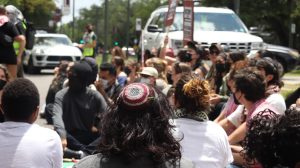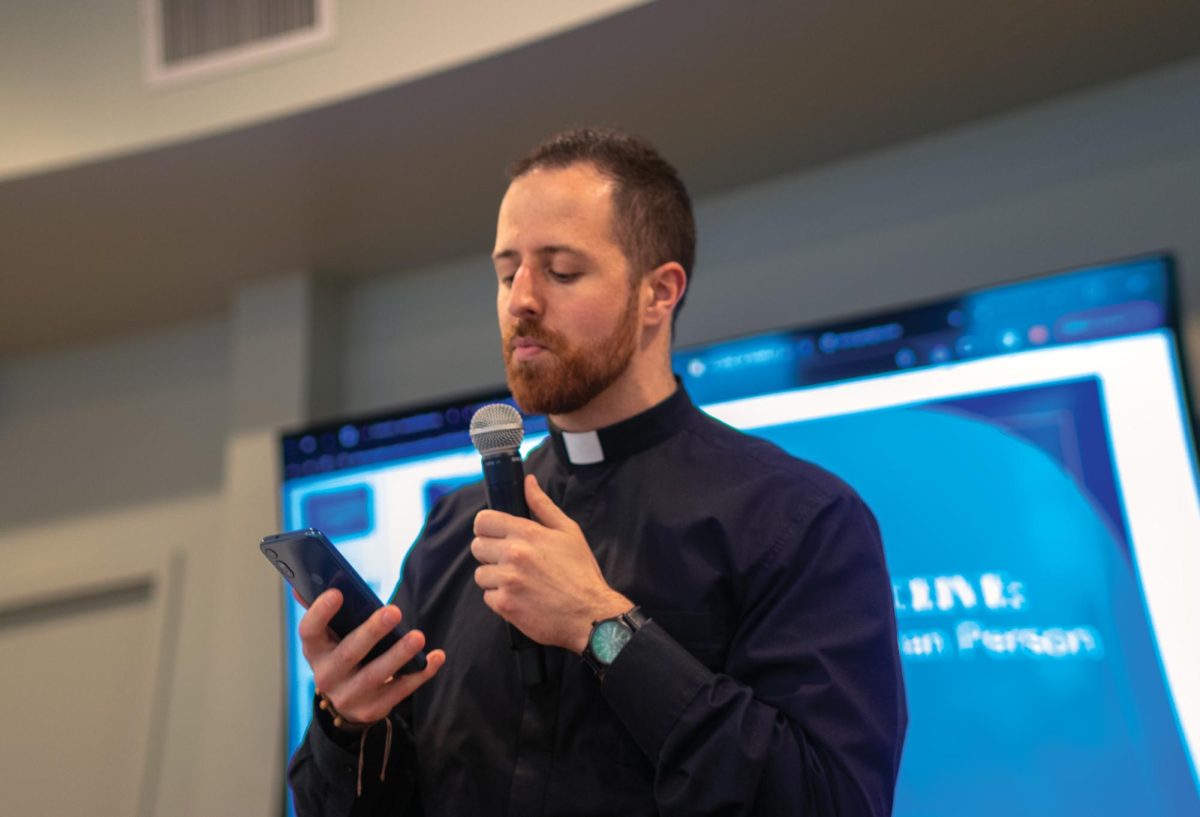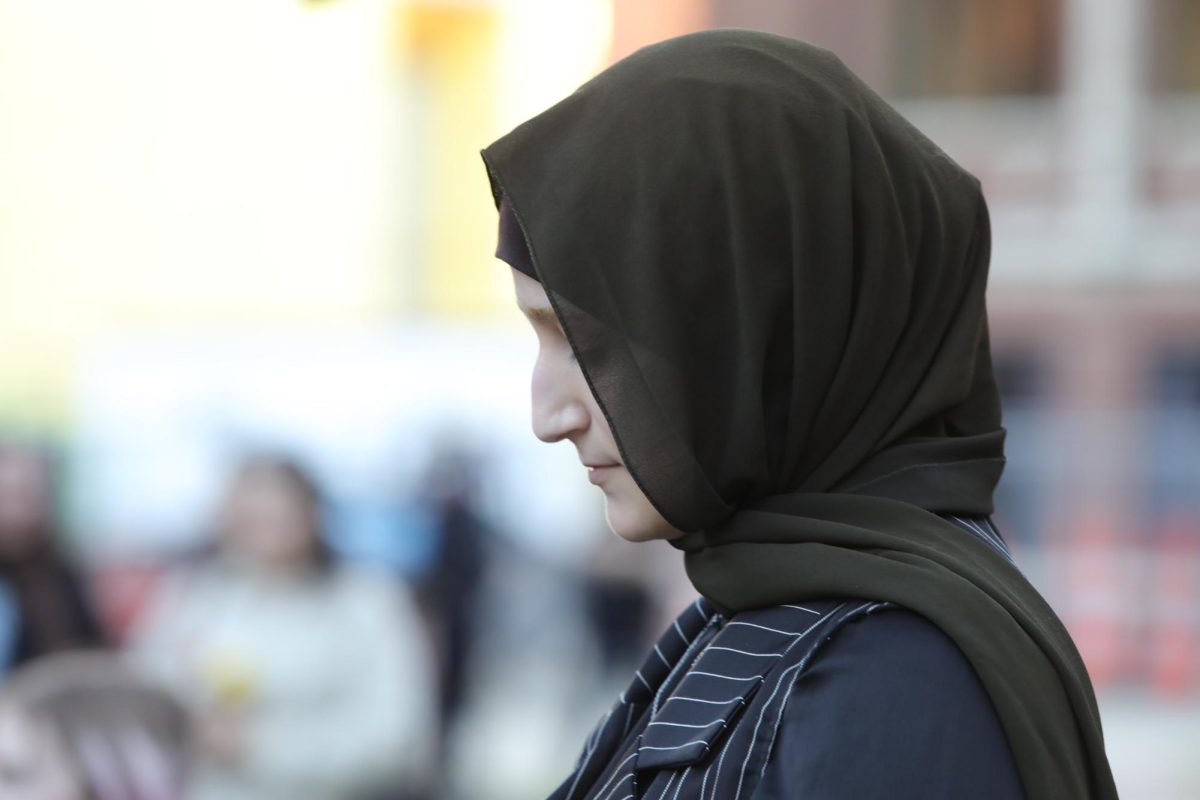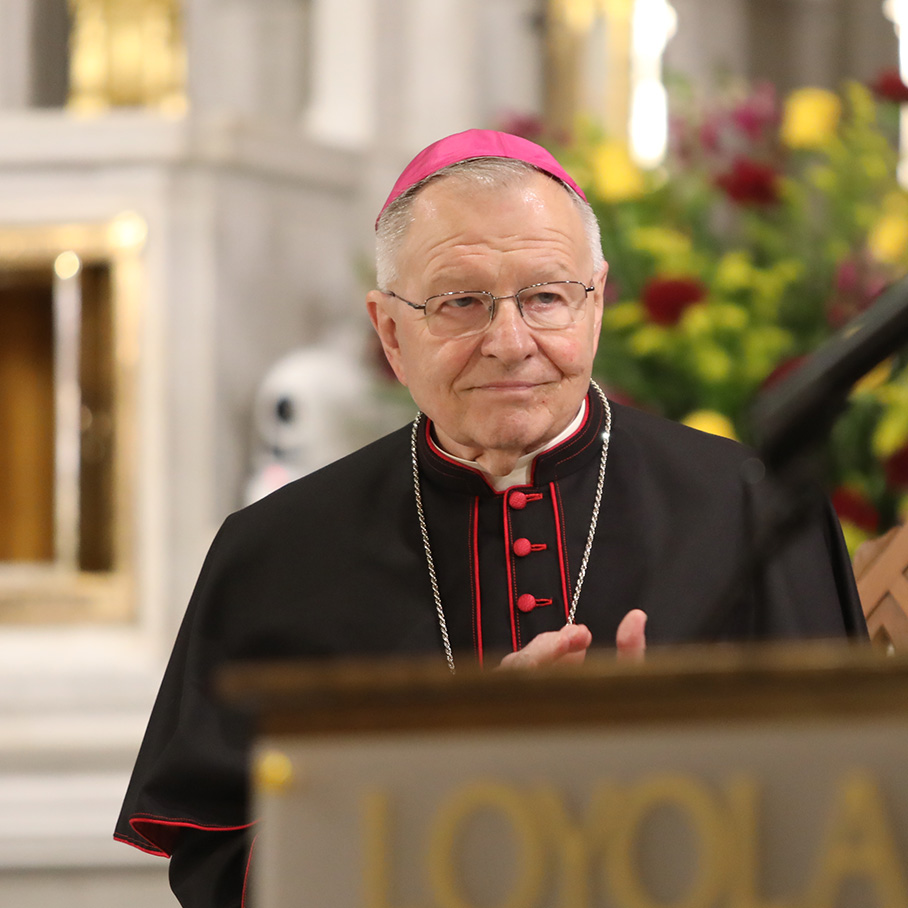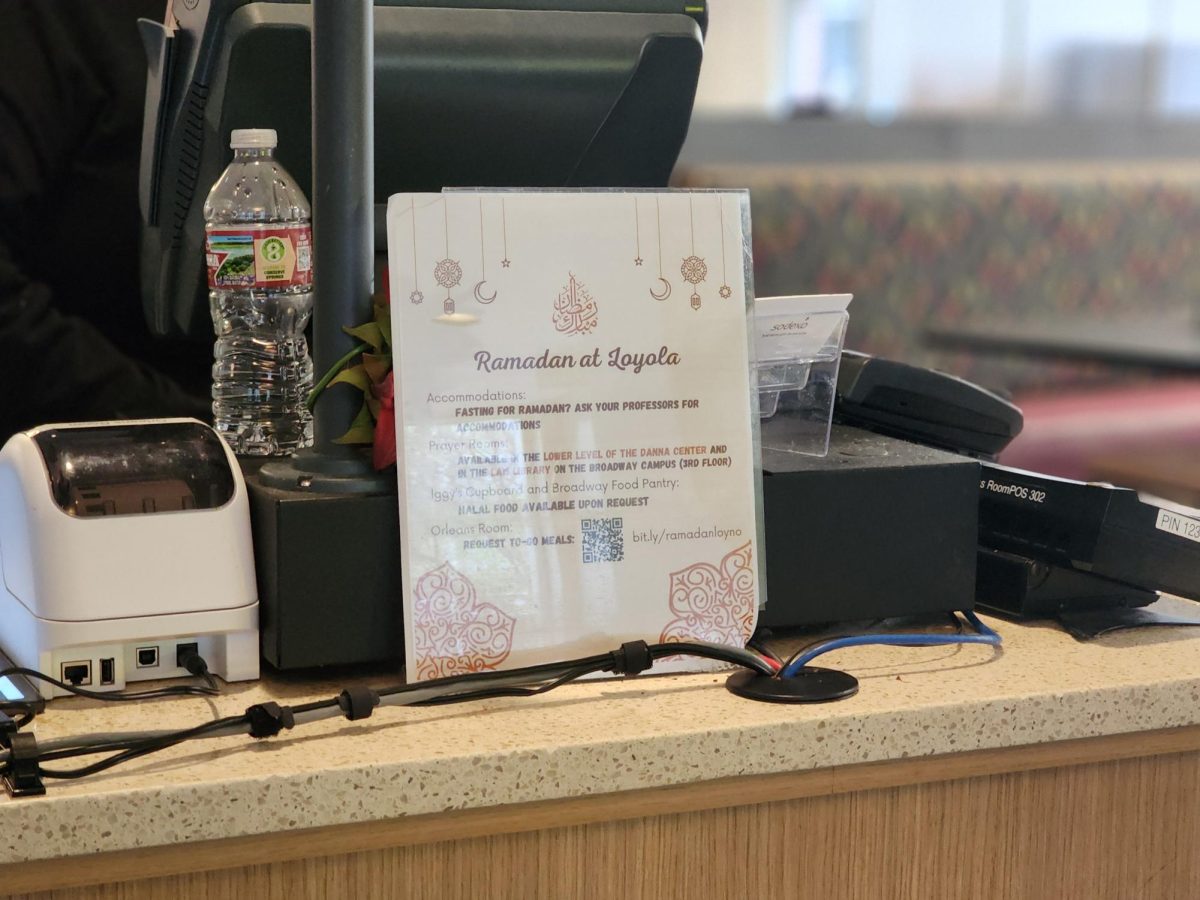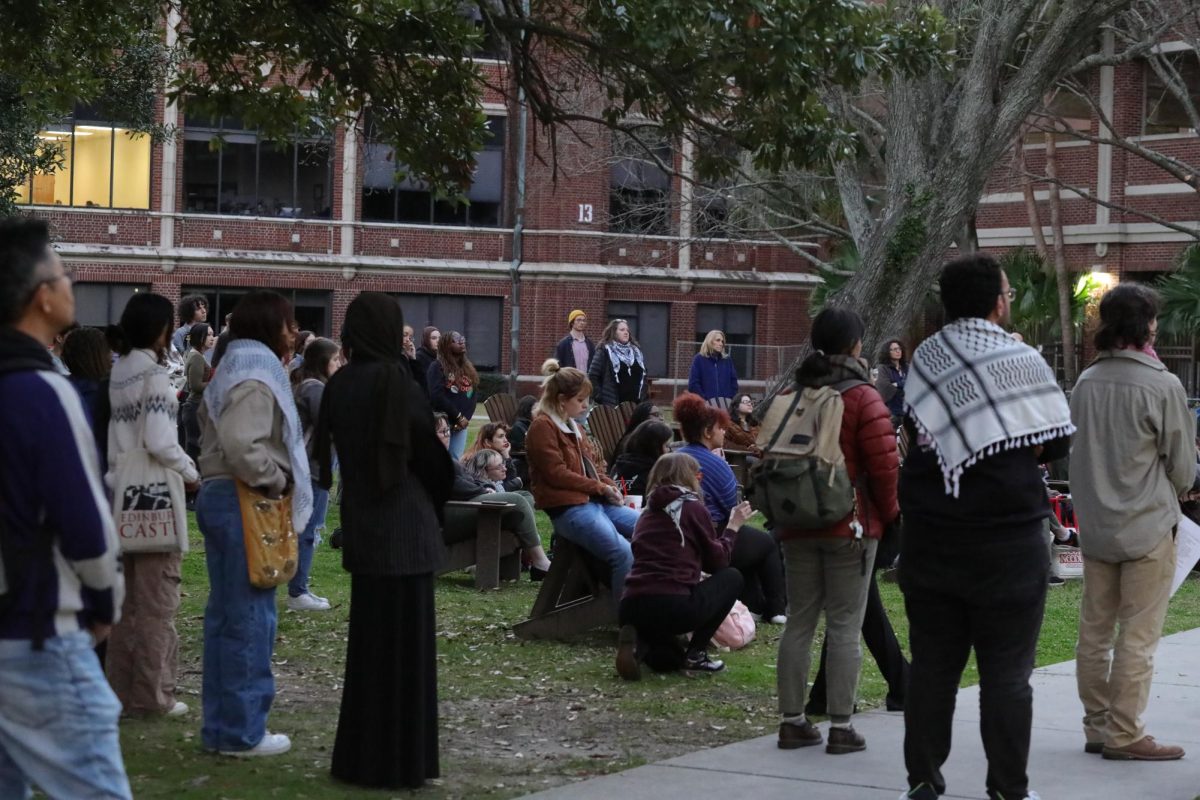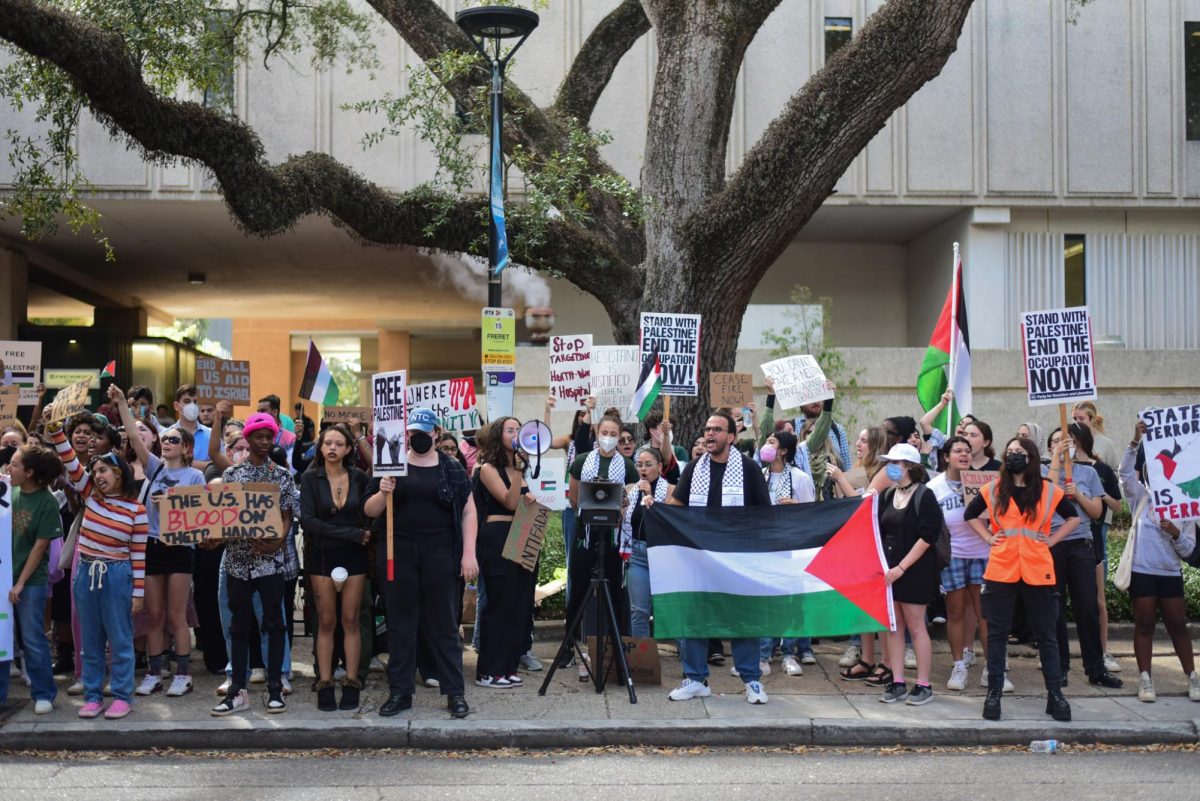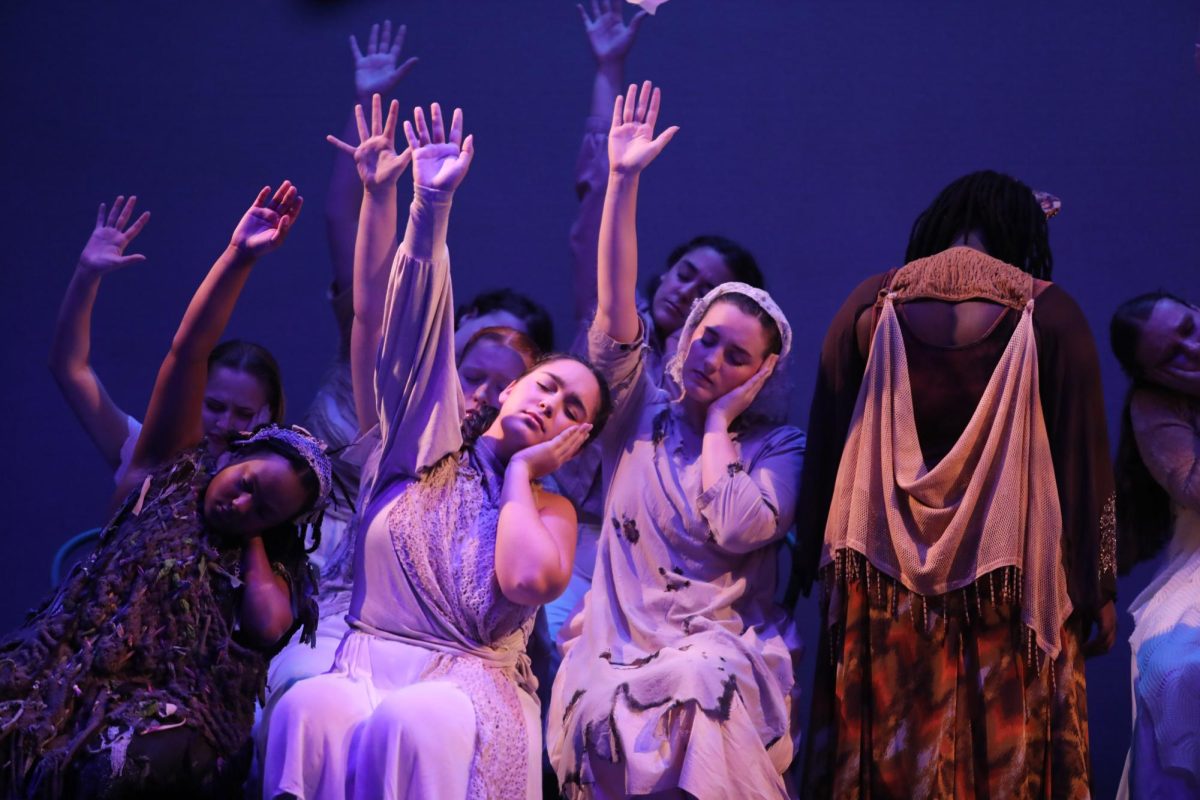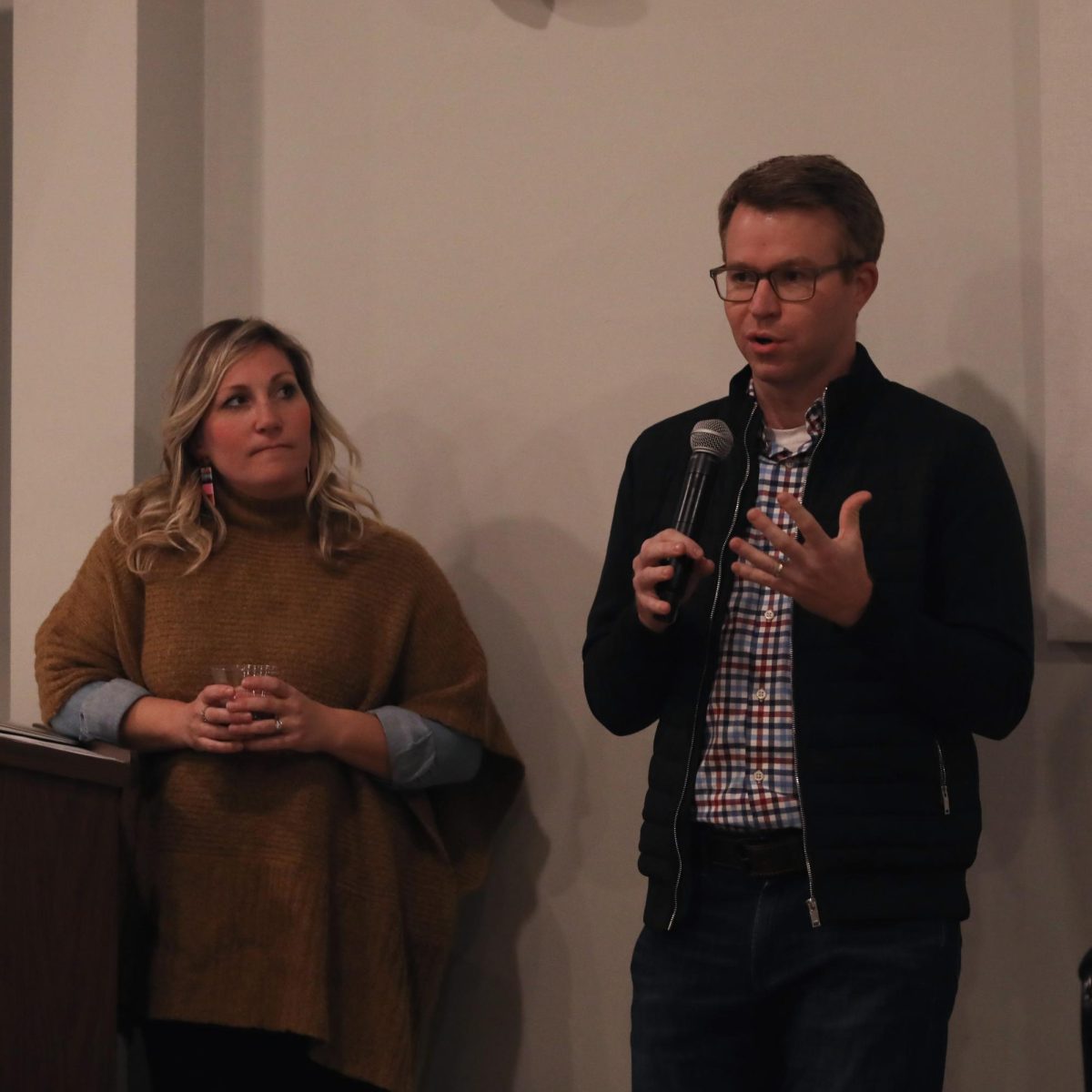Although the hallmark of a liberal arts education has traditionally been a strong foundation in the humanities, the humanities as a whole have come under attack. On a global scale, there is England’s “Review of Higher Education Funding,” penned by an ex-BP chief executive officer, cutting 100 percent of public funding to the humanities and causing British academics to scramble to prove their worth. More locally, right-wing hysteria has encouraged students to major instead in business or the sciences: The humanities are described warily as liberal bastions where leftist indoctrination is a perennial threat. Advocates of this attack contend that the humanities are inconsequential in a world that has much greater fish to fry: After all, who needs to know about Aristotle when we still haven’t found the cure for cancer?
The other disciplines can present their own defenses. The goal of my letter today is to explain why history matters, even the history that is seen as most obscure: medieval history, the study of an era that is often synonymous with backwardness and barbarity, encapsulated best in Quentin Tarantino’s infamous “Pulp Fiction” statement: “Let’s get medieval on his ass.” The medieval world, although rarely as dim-witted and violent as my students had hoped, gave birth to a movement that does indeed offer powerful support to Tarantino’s point of view: the Crusades. Ostensibly fought in the name of religion, the Crusades were an extended campaign to wrest the Holy Lands from the hands of the Muslim Arab world. Although this is mistaken as a missionary effort, the speech of Pope Urban II that initiated this war called instead for a “cleansing” of the holy city, identifying the “infidels” there with the Antichrist: massacre, not conversion, was the goal.
Embarrassed by their past, Westerners have largely forgotten the Crusades. Thus, Western politicians today have little understanding of the history: No other explanation can make sense of why President George W. Bush on Sept. 11, 2001, chose to employ the fateful term “crusade” to describe his war on terrorism. Nonetheless, it is critical to recognize that for many Arab fundamentalists, the Crusades never ended: They were simply the first stage of Western imperialism that has achieved much greater success in the modern era.
How many Westerners understand that the Hamas believes that the creation of the state of Israel was the culmination of Crusader efforts to take revenge for the Battle of Hattin, a 12th-century conflict that signalled the downfall of the Crusader kingdom of Jerusalem? How many are aware that the full name of al-Qaida is “The World Islamic Front for Crusade against Jews and Crusaders”? The recently deceased Muammar Gaddafi interpreted Western attacks and criticism of Libya as yet another crusader battle against Islam. In March 2000, when Pope John Paul II took the unprecedented step in apologizing for the Catholic Church’s role in the Crusades, most of the Western world was at a loss to understand why he bothered – why apologize for events that had happened so long ago?
What Pope John Paul II realized is that sometimes the past can be a live issue. Yes, history does matter. Historians may never find the cure for cancer (although I’m not convinced the scientists are going to either), but the historians could certainly teach politicians a thing or two about why “America” (the universally recognized heir to the Crusaders) is such a dirty word among fundamentalists.
Sara Butler is an associate professor of history and can be reached at






